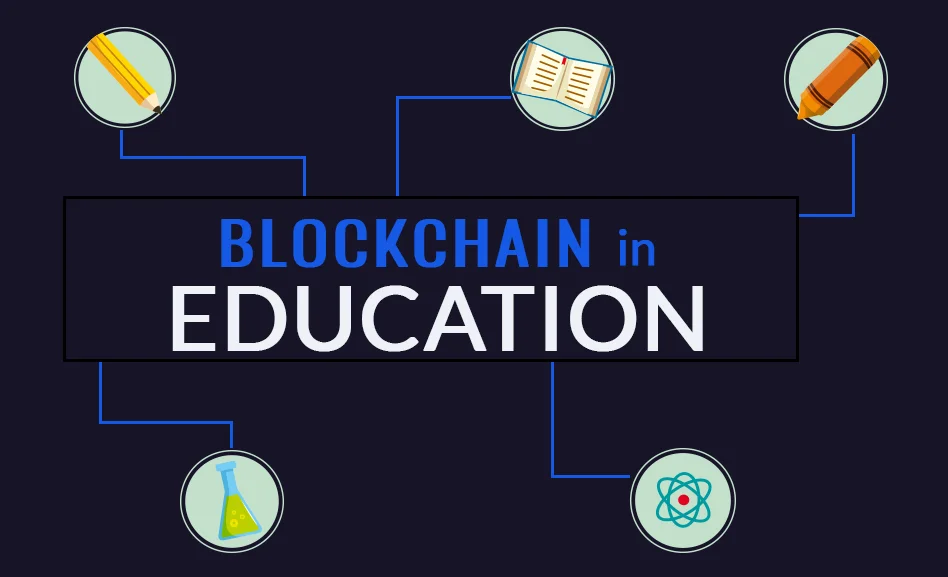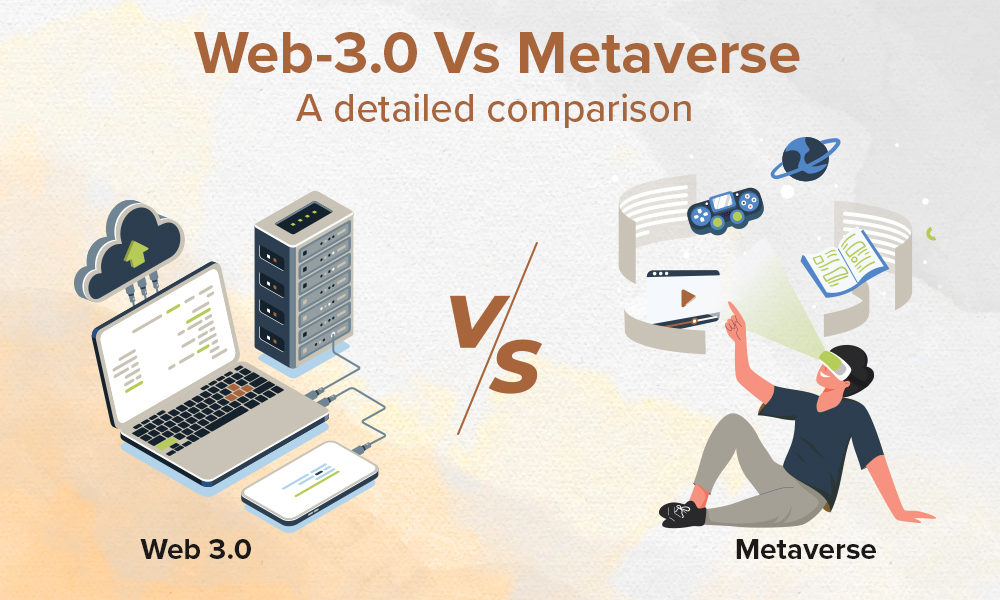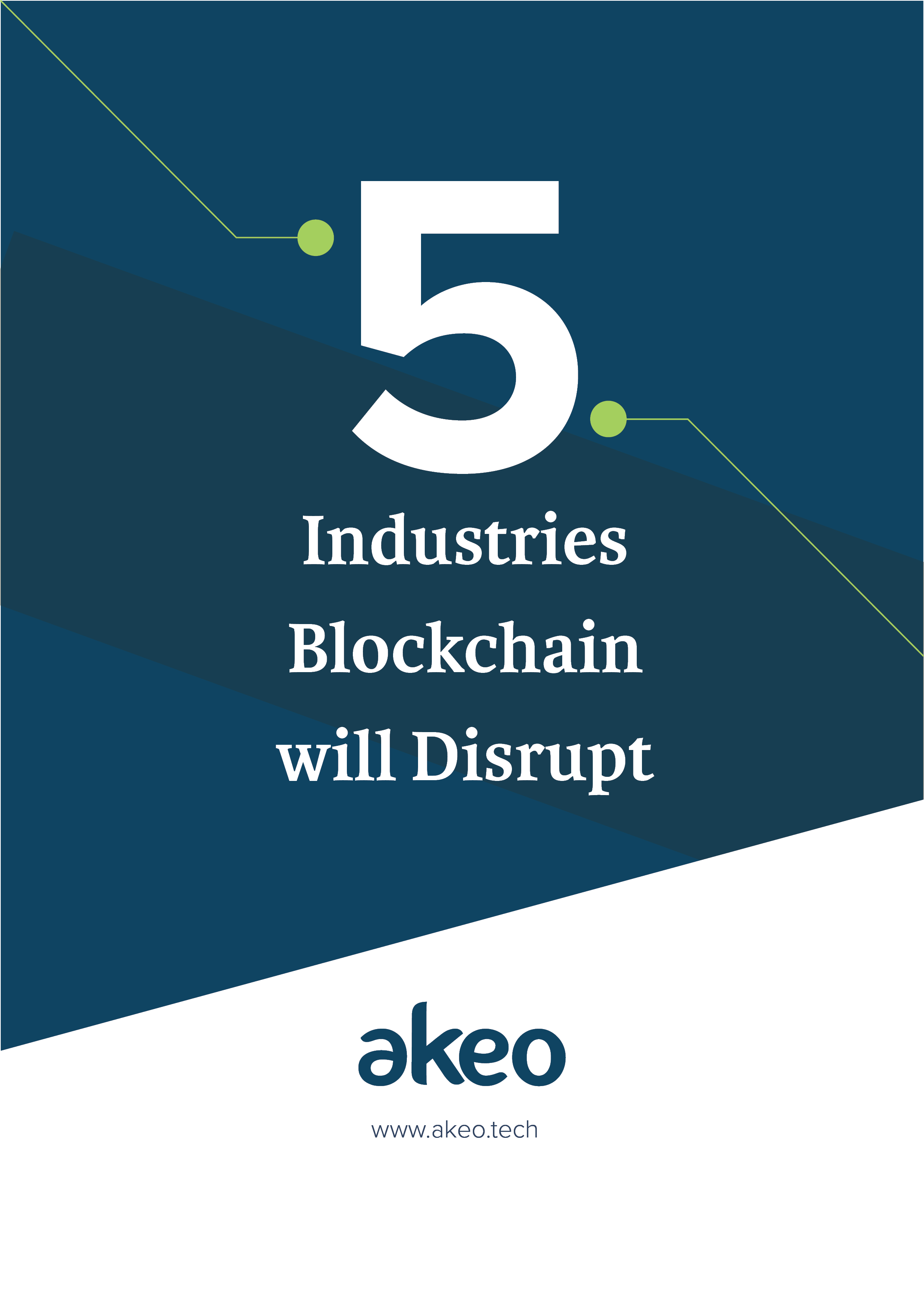In all the developed countries, education is amongst the top industries in focus. The current education system is highly influenced and driven by technology. The technical advancements have transformed the education system at its core. Researchers and developers around the world have envisioned numerous roles for blockchain in education industry including its use for storing vast data and issuing credentials.
Not only private institutions but several government organizations are trying to implement blockchain-based tools. Various possibilities of using blockchain in education arise accounting its trustworthiness and the applications it may provide. Let us now assess the traditional practices in the education industry and how blockchain could be implemented to enhance learning opportunities.
Storing Permanent Records
Documents like degrees and certificates are prone to wear and tear which is certainly an issue that needs to be solved. Blockchain could be the ultimate solution as these records can be permanently be stored without worrying about them being lost or torn.
It will also allow the certificate holders to verify the records anytime as they will be available on blockchain forever. Furthermore, once institutions issue a degree or a certificate to students, they don’t need to spend further resources to validate the certificates to any third party. Blockchain in education sector can help institutions to validate the records directly in a matter of seconds.
Student Identity Verification
Within large universities, students need to show their IDs while going for classes in different departments. In such cases, either the university will use a single sign-in model, where a shared copy of the student data will be stored with all the departments or each department will collect the student data for itself. Under both scenarios, the data will be available on hundreds of devices making it vulnerable to hacks.
With blockchain technology, the data will be available with all the departments for verification at the same time making it safe from any attack or hack. This also means that the university no longer needs to manage the complex system of data management saving significant efforts and resources.
Copyright of Projects and Educational Content
In general, students tend to copy other’s projects and research for submissions. Blockchain can help to safeguard the original research and projects from being copied or altered. The control of data remains in the hand of the researcher and author, including accreditation which could be available for verification for the entire lifetime.
Moreover, blockchain could also allow teachers to publish teaching materials and research papers openly while keeping track of re-use and republish.
Fee Payments
Blockchain could allow students to pay their annual education fee through cryptocurrencies. Paying through blockchain would eliminate the need for intermediaries such as banks and financial institutions. Also, in the case of cross-border education, blockchain can play a major role in making fee payments instantly and securely.
Furthermore, governments and educational institutions can use blockchain to offer monetary rewards and vouchers to the students based on their performances in various curricular and sports activities.
Applications of Blockchain in Education
- Everipedia, wiki-based online encyclopedia, harnessed blockchain technology to create a platform for submitting and editing articles on a plethora of topics for learning.
- In 2015, the Massachusetts Institute of Technology implemented blockchain to issue digital certificates to the passed students.
- The University of Nicosia in Cyprus claimed to implement blockchain at its core, including accepting Bitcoin for tuition fees; and issuing academic certificates and degrees onto blockchain, using its own in-house software.
Several universities and educational institutions have commenced reaping the benefits of blockchain technology. Be it adoption of bitcoin or the underlying technology, the future of blockchain seems bright in the education industry.



.jpg)
